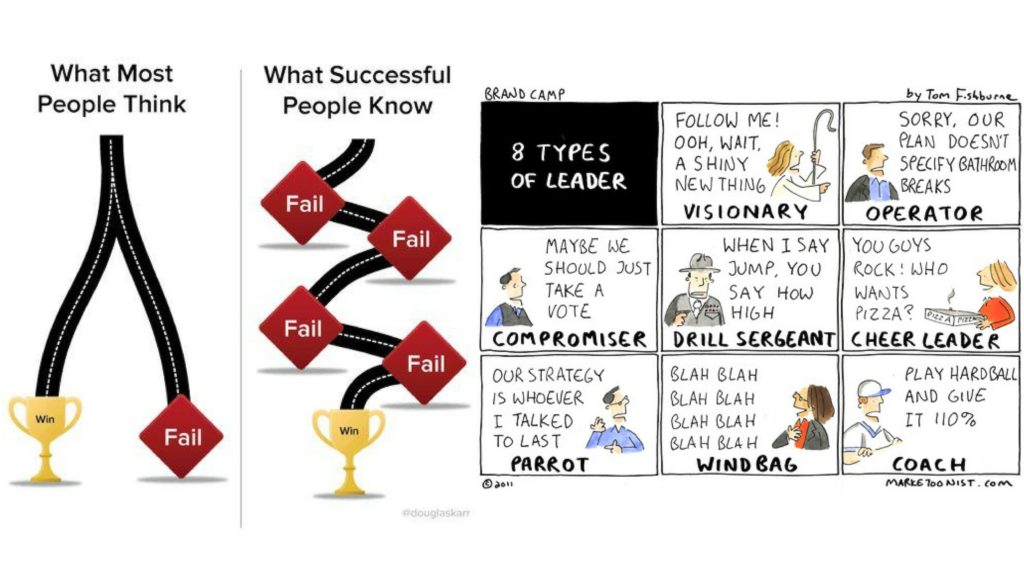Balancing autonomy and accountability in the classroom

CEOs don’t just exist in businesses. They also exist in the classroom. Teachers are the CEOs of their classrooms! Once the classroom door is closed, it is the teacher who is in charge. The autonomy that teachers can have is not something to be underestimated.
The good and better teacher will lead the way shaping the minds of the future, devising plans and lessons to enthral their students as well as developing cutting edge practice. So accountability is integral!
Like CEOs, teachers now have to produce termly forecasts and results of pupil progress which is linked to performance management. Managing 30 + different personalities, being responsible for their welfare and ensuring they continue to learn and adapt at a fast pace is no mean feat!
While accountability is great, one needs to ask has it gone too far and toppled the very creativity of teaching? Most teachers and leaders would most definitely say so!
With the strain of SATs, the newly introduced GCSEs and the constant demand for data and progress, the autonomy of the teacher has been eroded. While it is good to have structure, a great teacher needs autonomy to develop that long life love of learning.

In 1988, when the curriculum was first introduced, the words, “broad and balanced” were the remit of the teachers. It’s hugely refreshing to see that Ofsted is now re-emphasising the importance of the curriculum and re-shifting its focus on the organic process of learning.
Data, results and analysis of school performance are here to stay. However, while they are now an embedded part of the education system, schools and teachers need to have autonomy.
As a teacher starting teaching in the late nineties, it was great to teach what I wanted. A cross-curricular approach was used and allowed me to develop the core skills of reading, writing and Maths. However, I got to teach what I wanted. While I wasn’t subjected to the rigorous pressure of data and pupil progress reviews, I knew progress had to be made.
You can teach whatever you want depending on the school you are in as long as you make accelerated progress and achieve ambitious targets. Some schools are heavily structured with how they want teachers to teach and others give you more freedom to teach what you want. It depends on the type of teacher you are. Whatever the case, accountability is key so it measures and tracks that what you are teaching makes an impact.
.jpg?width=2560&name=kids%20(1).jpg)
For any teacher to be truly successful and to practice their vocation, there has to be autonomy with a clearly defined balance of accountability!
However, how can autonomy be created for the 21st-century teacher?
1. Using a cross-curricular approach which develops broader knowledge and the core skills.
2. Having a skill and concept-based curriculum which enables pupils to develop critical thinking skills which enable them to challenge, review and reflect themselves.
3. Mastering the art of teaching and knowing your subject and how to teach it effectively -inside out.
4. Evaluating the curriculum regularly so that it meets the needs of all learners and have high expectations on how it should be delivered.
5. Developing the indoor and outdoor curriculum so that children can excel and enjoy in all environments.
6. Teaching pupils to be financially literate and to be prepared for the global workplace.
7. Adapting the curriculum to meet the needs of 21st-century learners and making sure it is topical and relevant at all times.
8. Allowing and enabling pupils to take the lead in learning and teaching them how to articulate their learning journey and identify what their next steps are.
9. Being ambitious for all children to achieve no matter what background they come from and ensuring that they do meet those targets by making sure they have outstanding provision.
10. Triangulating teaching and learning with progress data regularly to ensure children are achieving.

As a teacher, if your pupils are enjoying the teaching and learning that you are delivering on a daily basis and you are making progress, especially accelerated progress with them, you can be autonomous.
You can have great ideas- but the key thing is whether your teaching is making an impact and children are learning. The best teachers and leaders will understand the value of accountability and use it to guide them to be better practitioners. However, accountability needs to be balanced with autonomy.
It cannot be used to strangle teacher’s creativity and freedom to teach as there will be a loss of life-long learning if that happens.








Responses